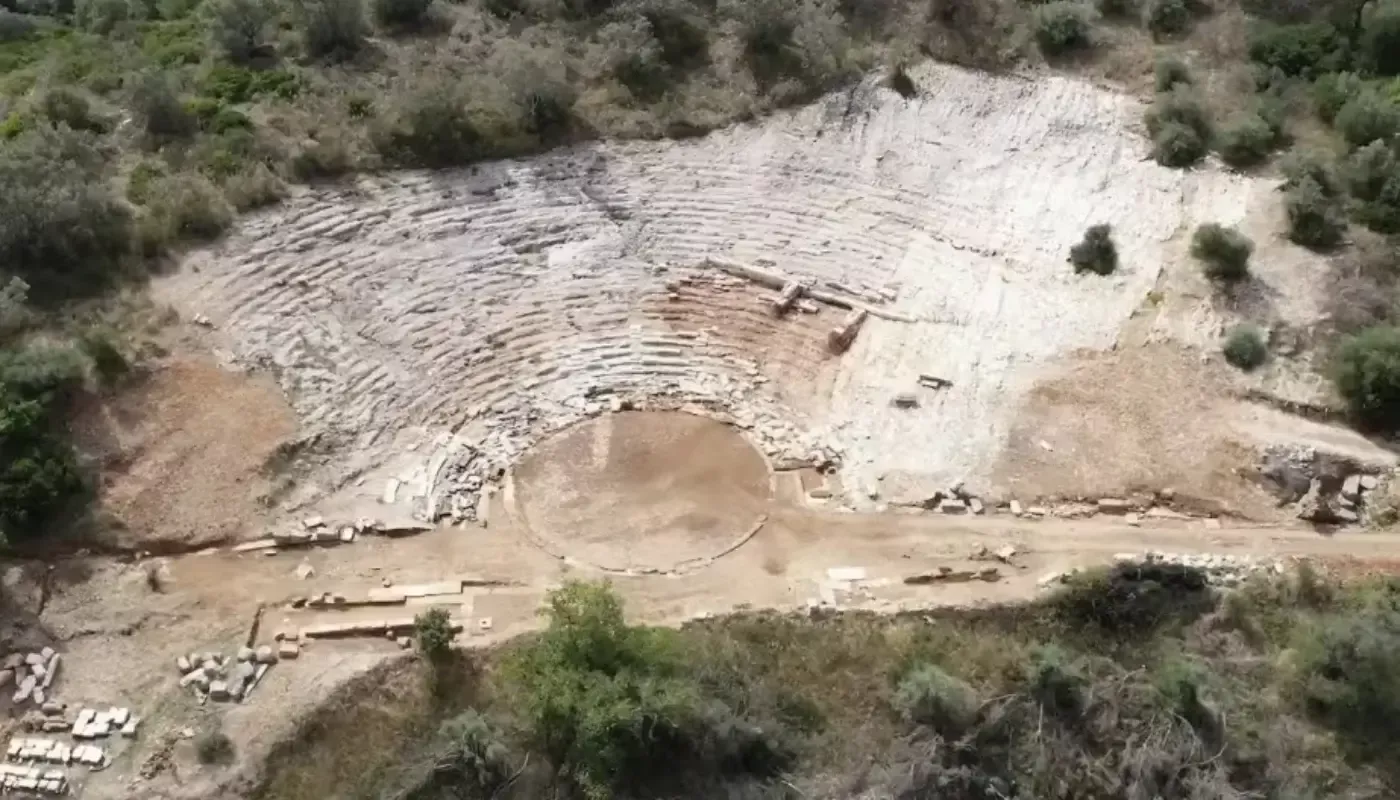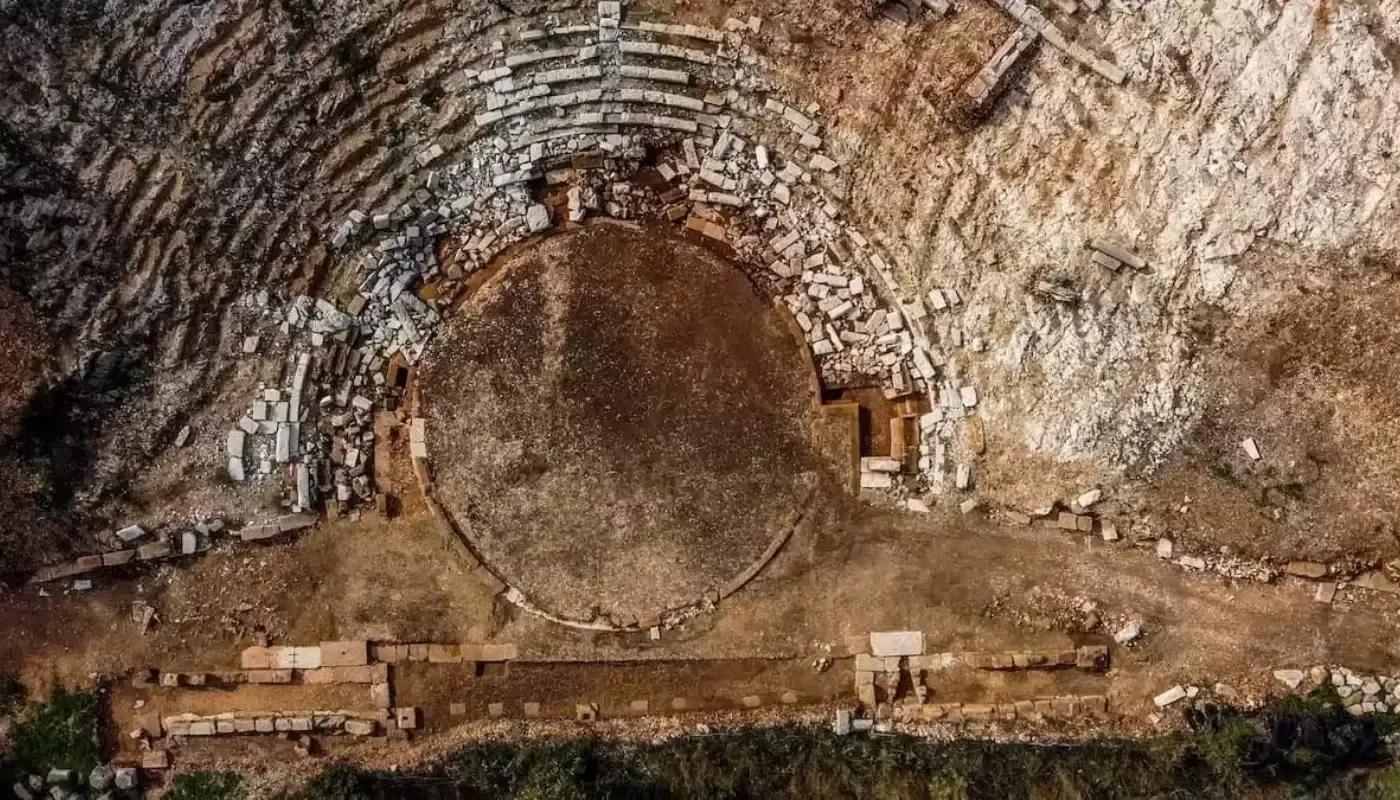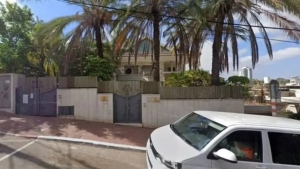Remains of an ancient Greek theater have been found on the island of Lefkada in Greece

Archaeologists have identified the remains of an ancient Greek amphitheater that had long been unknown on the island of Lefkada, Greece. According to an official report from the country's Ministry of Culture, many well-preserved elements related to this monument were discovered as a result of excavations that began in 2015 on the Qulmos hill.
Millennia of history revealed below
During the excavations, a 21-row auditorium — the cavea — was found. According to usual tradition, it may have been divided into two sections by a horizontal corridor — the diazoma. There were also three more rows of seats in its upper part.
Archaeologists determined that the distance between the walls of the auditorium was 20–28 meters. Although the construction of the theater was not fully completed, it could accommodate 3,500 spectators. When fully completed, its capacity could have reached 10,000 to 11,000 people.
Orchestra and stage elements are astonishing
The orchestra area, which has a diameter of 16.65 meters, carved into the rock and surrounded by stone, attracted the attention of researchers. It served for the choir and actors' performances.

Additionally, sandstone columns and architectural elements related to the Ionic-style proscenium found in the stage area stand out — fragments of a loggia (external gallery).
Artistic patterns — a sign of cultural level
One of the notable features of the theater was three stone slabs depicting dolphins, birds, and lion paws. Such seats were likely reserved for priests or local officials.
Why was the theater abandoned?
Researchers emphasize that the theater ceased operations after the population of Lefkada was relocated to Nicopolis by Roman Emperor Augustus in 31 BC. After that, the ancient polis began to decline, and the theater buildings were partially destroyed and used as construction materials.
Valuable heritage – on the brink of restoration
Despite the effects of agriculture and time, the lower part of the theater has been well preserved. Currently, work on preserving the monument has been completed, and approval is awaited for the implementation of the project within Greece's cultural development program.
Will the ancient stage come to life again?
This amphitheater found in Lefkada is an important source not only for the world of archaeology but also for studying the history of human civilization. It once again confirms how culture and art flourished in this region during the Hellenistic period.







